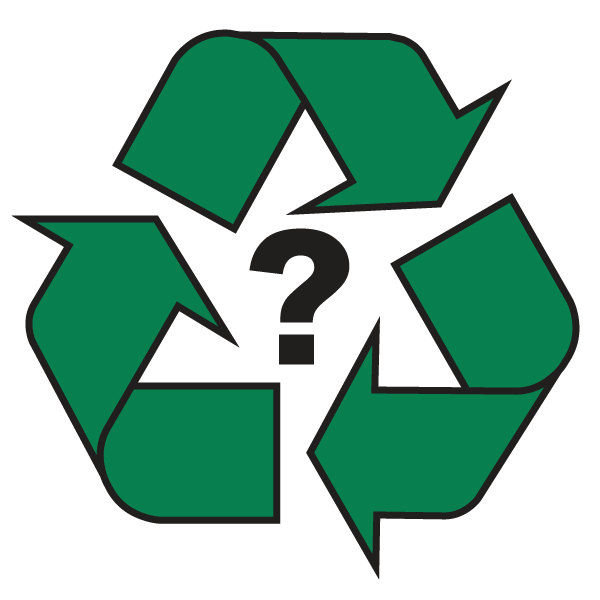

Have a tough recycling question?
We’re here to help! Ask the Experts »
Q: What is biodegradable plastic?
A: Biodegradable plastic is a tricky topic! Why? Because it’s a blanket term applied to many different plastics. It’s made in different ways by different companies but called the same name because it’s designed for a similar end: biodegrading.
Let’s start by defining the term biodegradable. When something is biodegradable, that means it can break down into organic materials. Regular plastic cannot do this — it can only break down into smaller pieces of plastic, which is a synthetic material.
How Biodegradable Plastic Is Made
In general, biodegradable plastics are made from petrochemical (oil-based) polymers that are put through a chemical process to turn them into plastic. In this way, they are just like any normal plastic.
However, some biodegradable plastics are made from plant-based plastics — bioplastics — or a combination of plant-based and synthetic plastics. Plant-based plastics are made by taking polymers that exist in nature and putting them through a similar chemical process to turn them into plastic.
How to Dispose of It
It’s important to know that biodegradable plastics are not recyclable. And just because they are capable of biodegrading does not mean that they will. Some require very specific conditions or special microbes in order to biodegrade, and some require a very long time.
For instance, one of the more common types of biodegradable plastic has chemicals added to it that can help it break down in open air and sunlight, whether that’s out in a field or floating in the ocean. However, it is not designed to break down when buried underground (in a compost or landfill) or submerged in water. Without enough oxygen and sunlight, it may never biodegrade.
You wouldn’t really want this kind of plastic to break down in the environment anyway, though — or in a compost pile, or in your water supply. The chemicals that have been added to it can leave behind a toxic residue, and some types of “biodegradable” plastic will not actually break down into organic molecules at all. Instead, they break down into smaller pieces of synthetic plastic, also known as microplastics.
For these reasons, anytime you see something labeled “biodegradable plastic,” toss it in the trash. That way, when it breaks down, it won’t pollute anything other than the landfill.
Dishwasher & Laundry Detergent Pods
Dishwasher pods and laundry pods are the exceptions to this rule. These products are made from polyvinyl alcohol, often referred to as PVA or PVOH. They are designed to dissolve in water and are fully biodegrade with the help of certain microbes present in wastewater treatment facilities.
